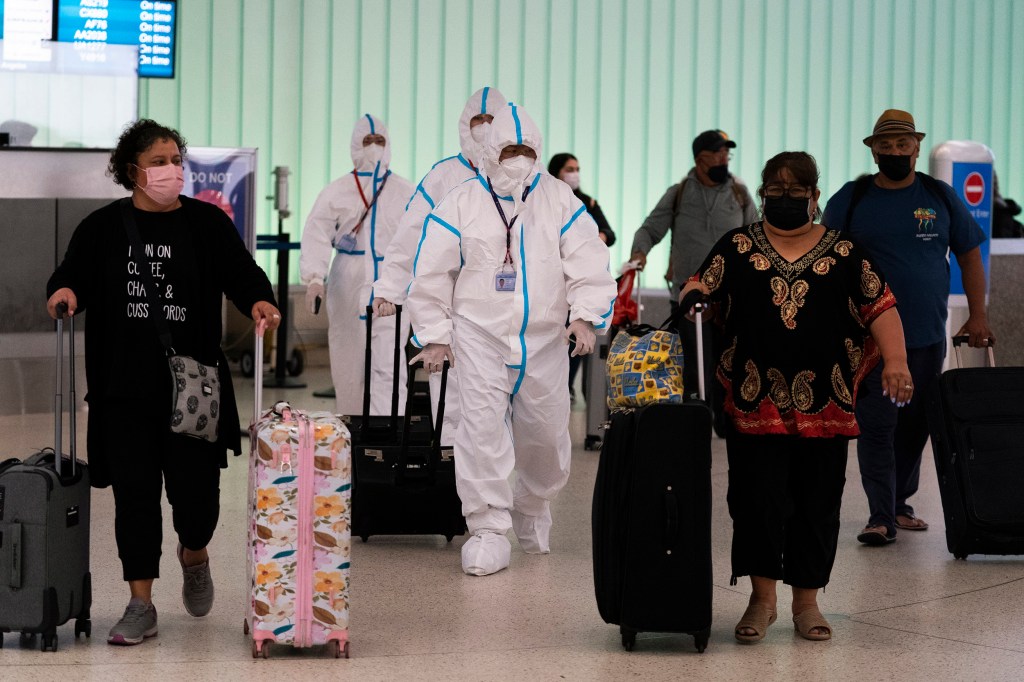Health
-

Six cancers rising faster in younger adults than older ones
Large new global study fuels growing concern over trend of increases in several types

-

What’s next for GLP-1s?
Scientists eye new treatment targets for popular weight-loss drugs, from heart failure to addiction
-

Pricey blockbuster GLP-1s are costing users — and most of the rest of us, too
Health insurers are passing along cost for coverage in form of higher rates across the board, policy researcher says
-

Drinking 2-3 cups of coffee a day tied to lower dementia risk
Caffeinated tea also found to slow cognitive decline in study

-

New AI tool predicts brain age, dementia risk, cancer survival
Unlike other AI models, BrainIAC needs limited data to ID key neurological health indicators

-

It’s time to get more comfortable with talking about dying
Palliative care physicians offer advice for end-of-life conversations between patients, loved ones
-
Study finds significant variations in care between physicians
Some physicians are far more likely to deliver appropriate care than others in the same geographic area or health care system, according to a new study.
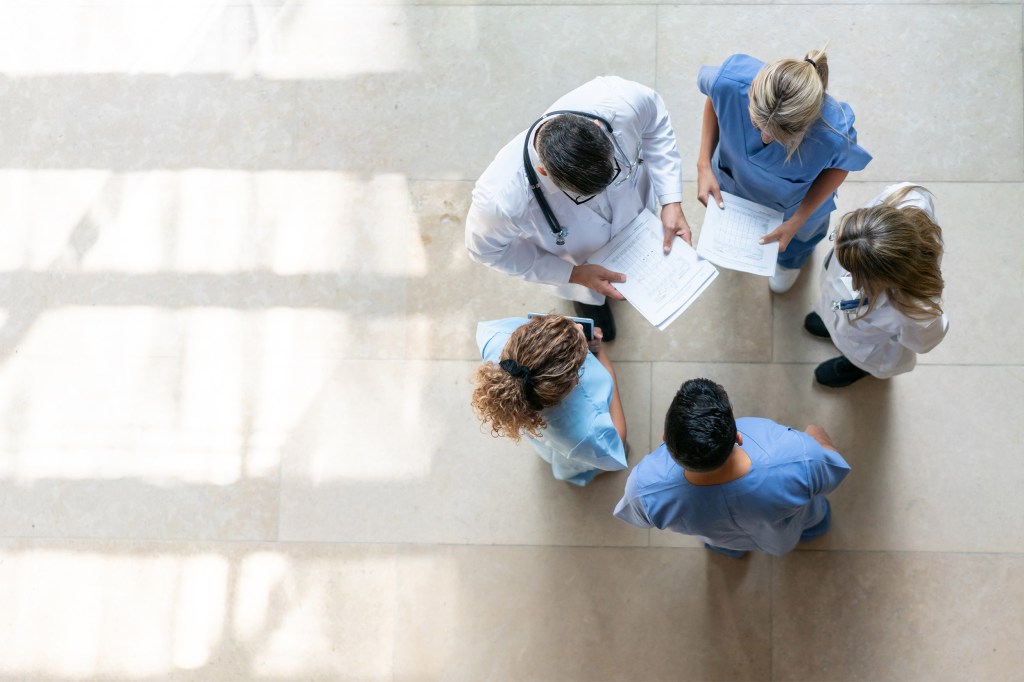
-
Push for inclusive language in sciences as part of transgender rights fight
A recent letter addresses the importance of inclusive language in the sciences as part of the ongoing fight for transgender rights
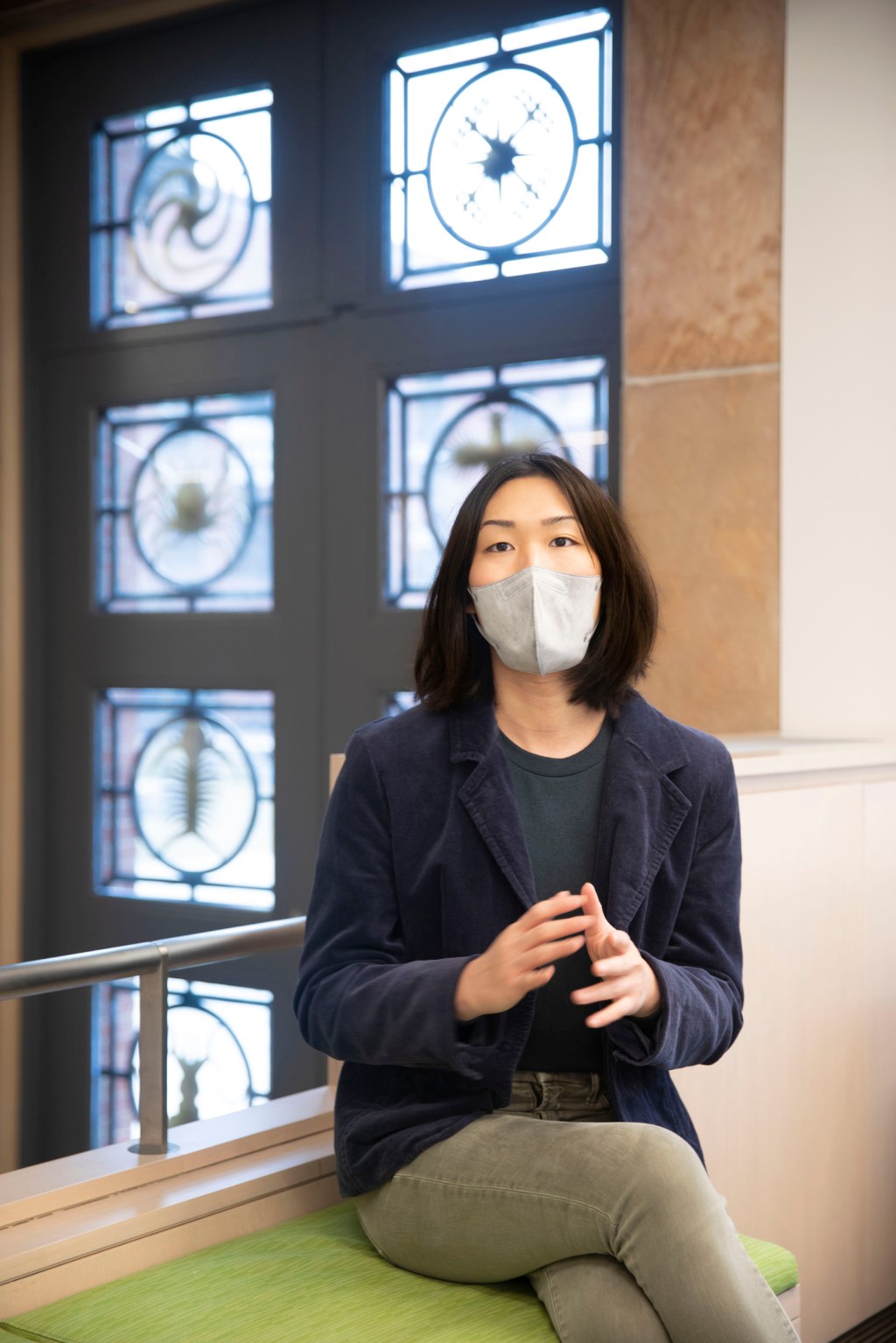
-
Is a mobile app as good as a therapist?
A closer look at the mental health apps that claim to treat depression, anxiety, and other mental illnesses.

-
The COVID treatment that missed its target
“Monoclonal antibodies should first go to patients at the highest risk of death from COVID-19, but the opposite happened …, ” says a Harvard Chan School researcher.
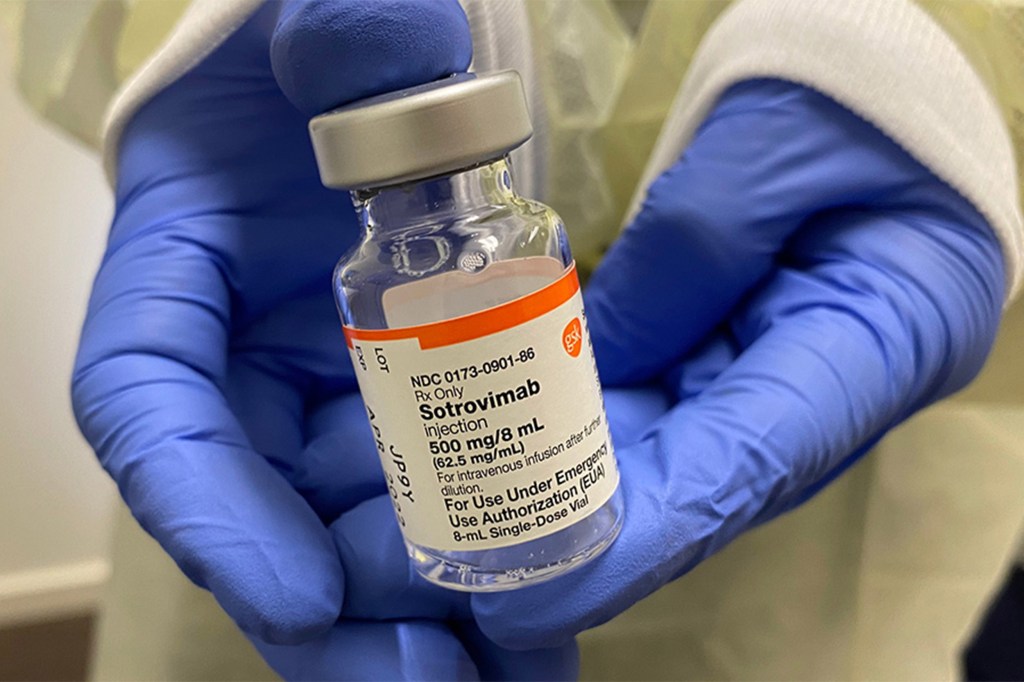
-
Is Omicron really ‘milder’? Not exactly.
The “milder” outcomes of Omicron are likely due to more population immunity rather than the virus’ properties, according to new research.
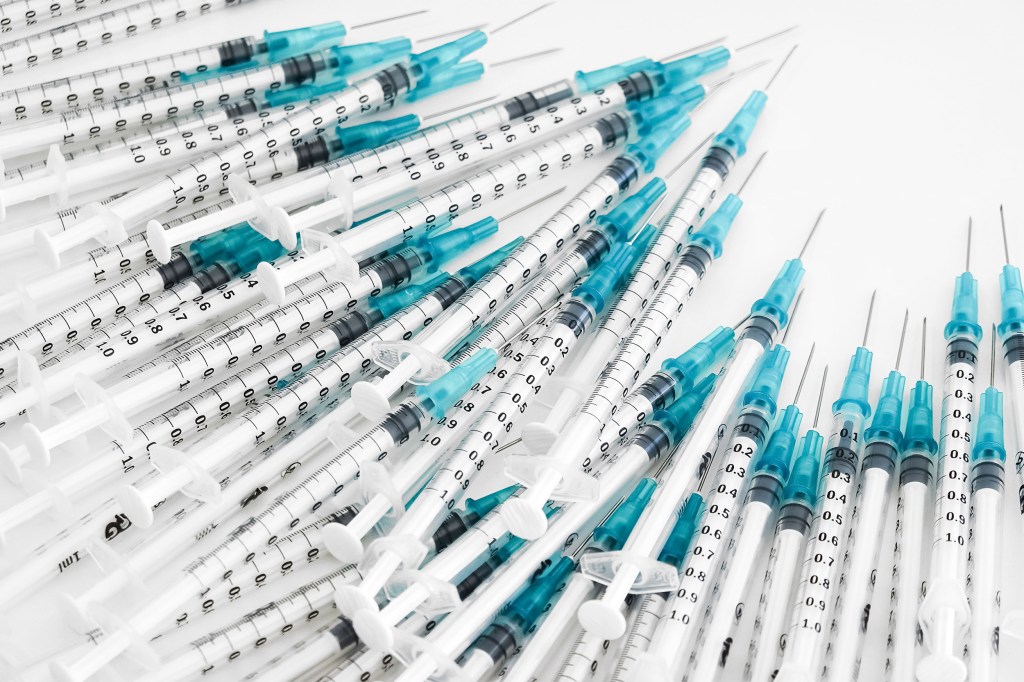
-
Willing but unable to get COVID shot
Mistrust of vaccine is high among people of color in U.S. and U.K., but unequal access appears to be greater barrier in U.S., researchers say.
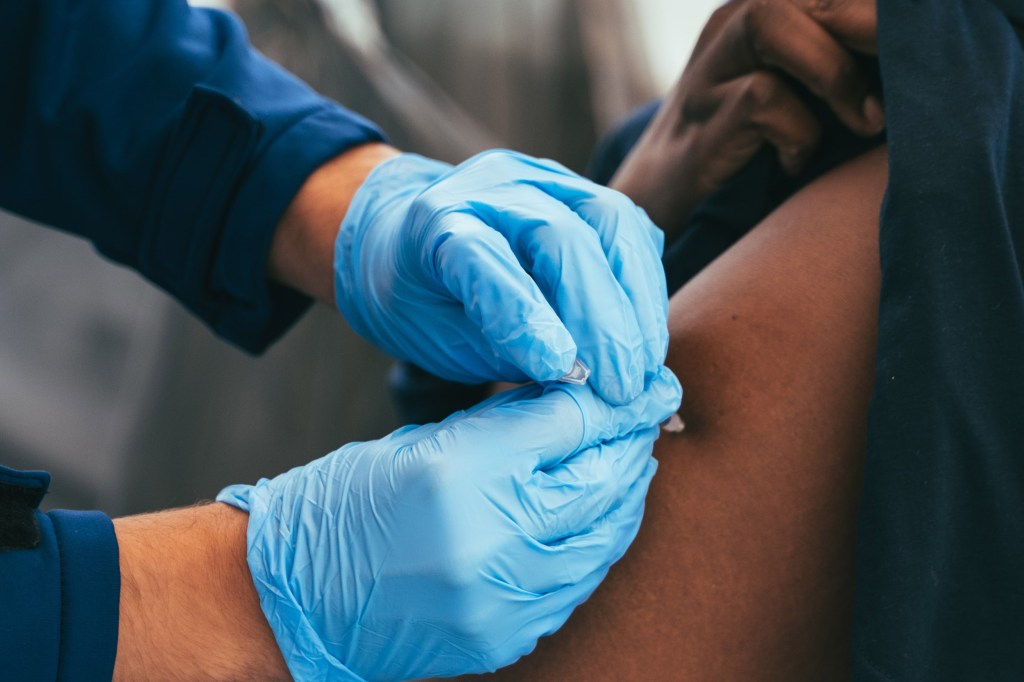
-
Research suggests role for anthrax in fighting pain
In search for alternatives to opioids, Medical School researchers have hit on an unlikely candidate.
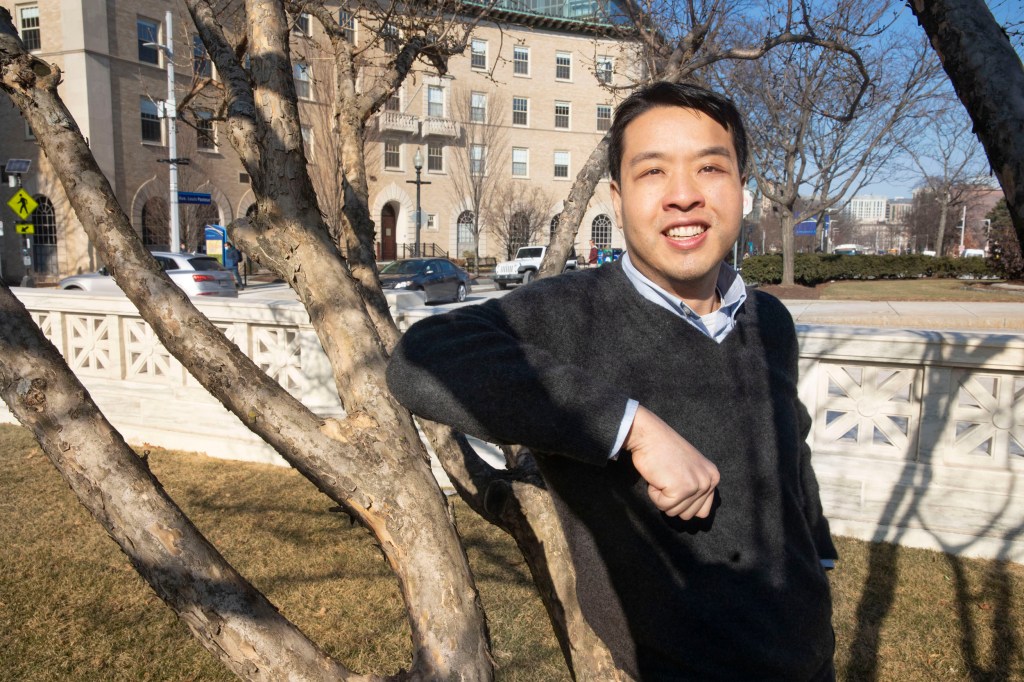
-
Vitamin D supplements lower risk of autoimmune disease, researchers say
A new study finds vitamin D supplements with or without omega-3s decreased the risk of autoimmune diseases by 22 percent compared to placebo.

-
Hanage and other scientists keep close watch on Omicron subvariant
As Omicron rapidly recedes, some countries are seeing a new version of the variant, dubbed BA.2
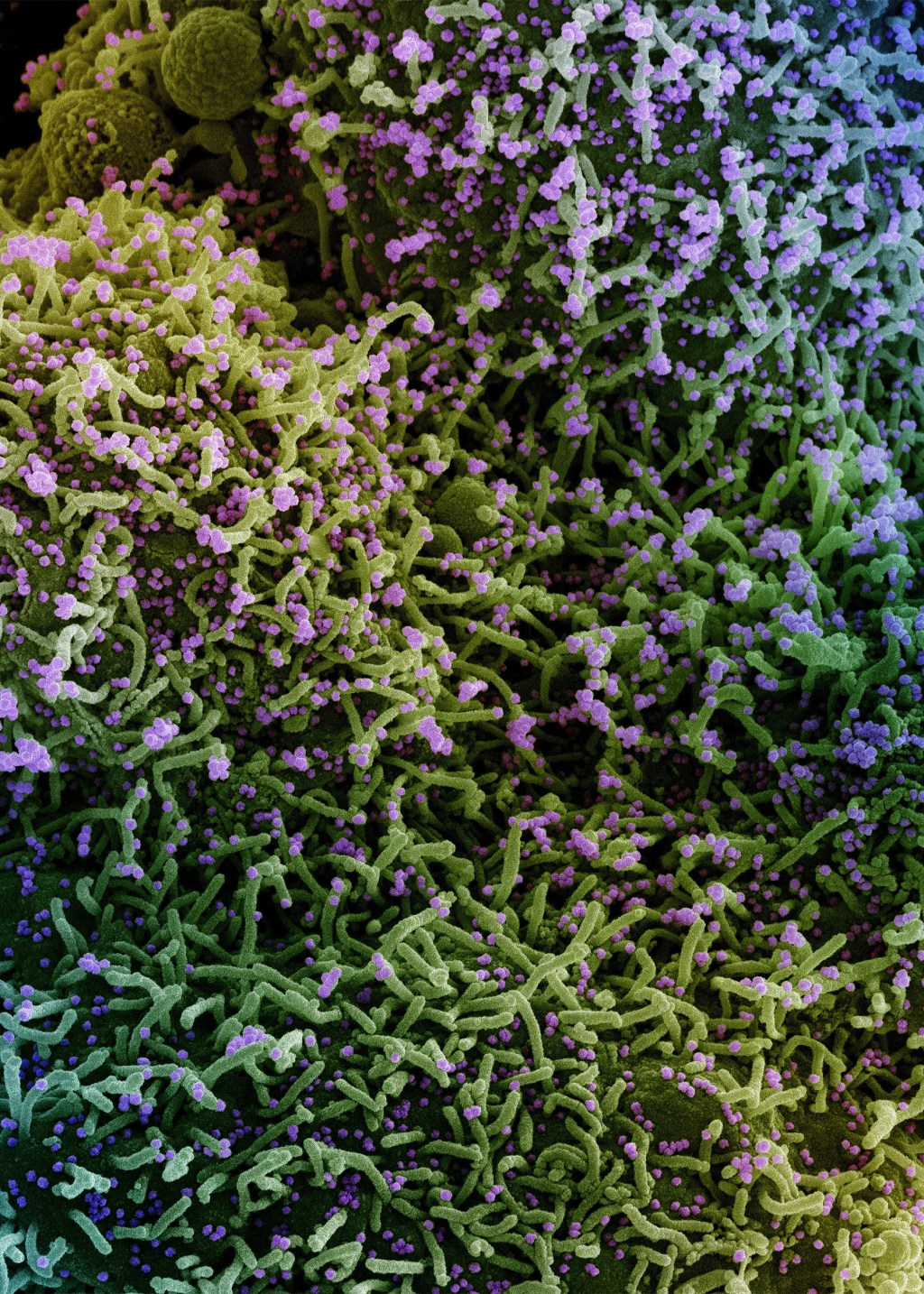
-
Race still a factor in air pollution exposure
A new Harvard study has found that racial, ethnic minorities, and low-income groups in U.S. are exposed to higher levels of air pollution.

-
Study explores possible autism link in young adults treated for addiction
One in five youths with substance-use disorders may have undiagnosed autistic traits, say researchers.

-
Exploring why some remain sharp even as decades roll by
Harvard researchers study “super-aging” minds for clues to possible interventions for the rest of us.
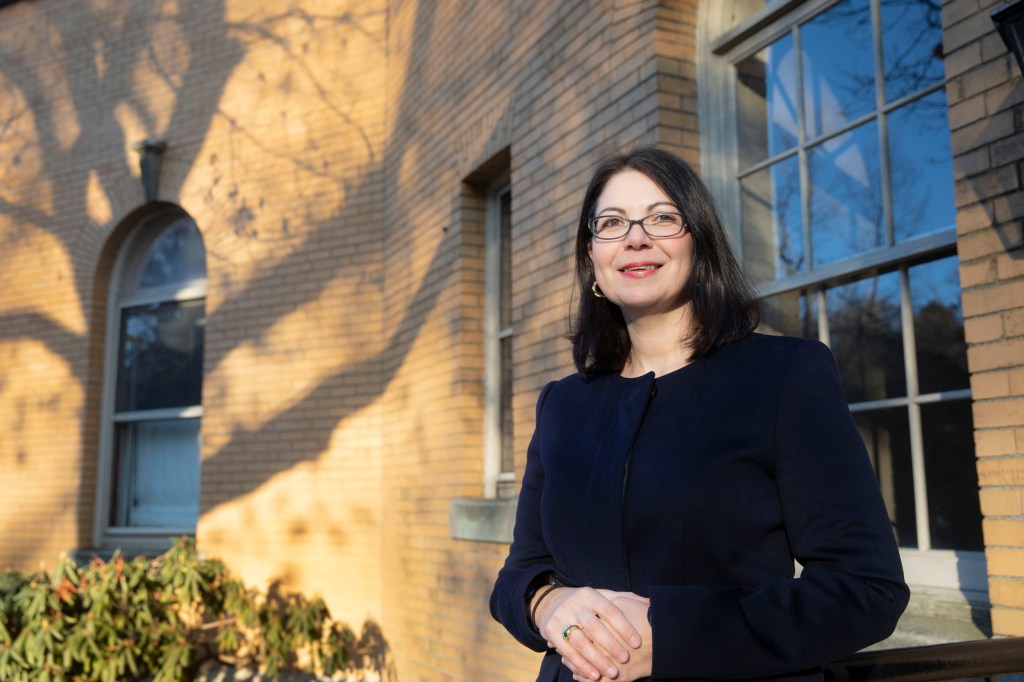
-
Comparison of male, female classroom behavior reveals assertiveness gap
A new study finds that women and men physicians participate differently in academic settings, potentially contributing to gender biases that disadvantage female students.
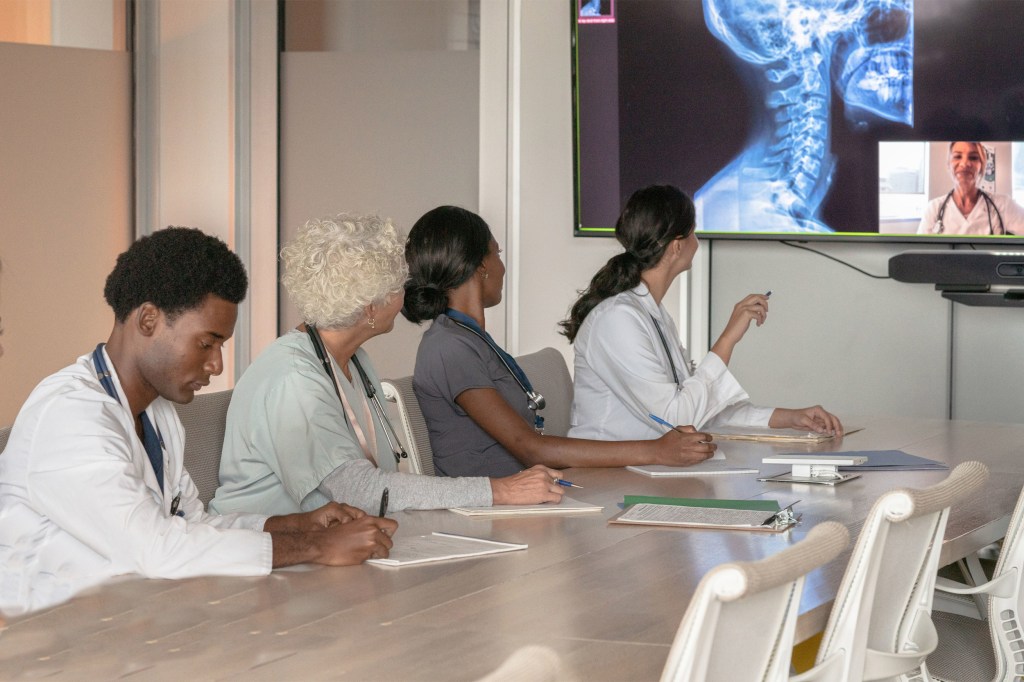
-
How the pandemic may affect baby’s brain
For babies born during this pandemic, a study published in JAMA Pediatrics suggests their brains may not fully develop.

-
Omicron optimism and shift from pandemic to endemic
With Omicron on the decline in some states, pandemic experts permit themselves hope, at least for the near term.
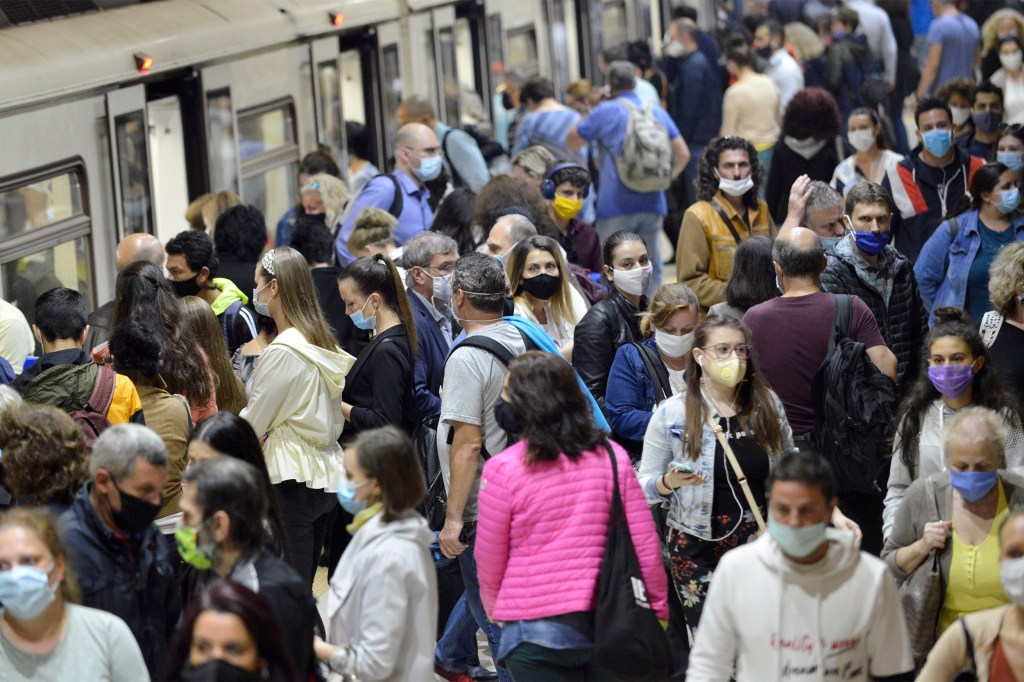
-
Why do more men die of COVID? It’s likely not what you think
Sex differences in COVID death rates vary by state and across time, suggesting social factors play a role.

-
Delta danger in pregnancy scrutinized
Researchers detect the COVID-19 variant in the blood and placentas of women who had stillbirths and pregnancy complications.

-
Add olive oil to cut risk of early death, study suggests
Harvard Chan School researchers see impact in cardiovascular and respiratory conditions, cancer, and neurodegenerative disease.

-
Epstein-Barr virus may be leading cause of MS
Multiple sclerosis is likely caused by infection with the Epstein-Barr virus, according to a study led by Harvard T.H. Chan School of Public Health researchers.
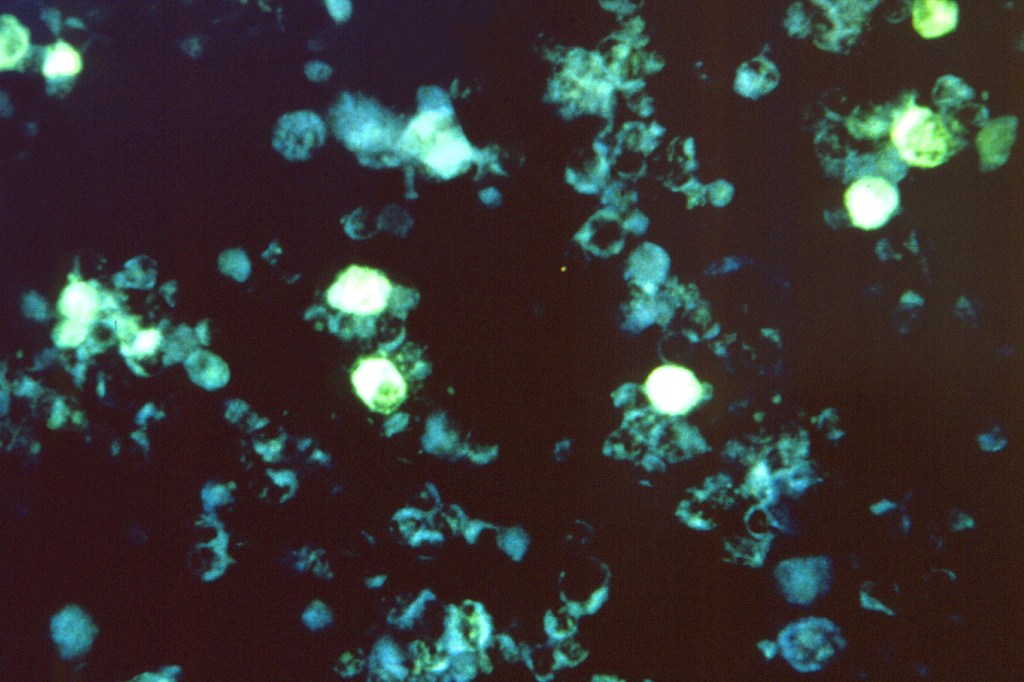
-
Study identifies potential test for cannabis impairment
Researchers have found a noninvasive brain imaging procedure to be an objective and reliable way to identify individuals whose performance has been impaired by THC.

-
Healthy? Maybe. But are you flourishing?
Researchers at Harvard, Baylor launch groundbreaking Global Flourishing Study.
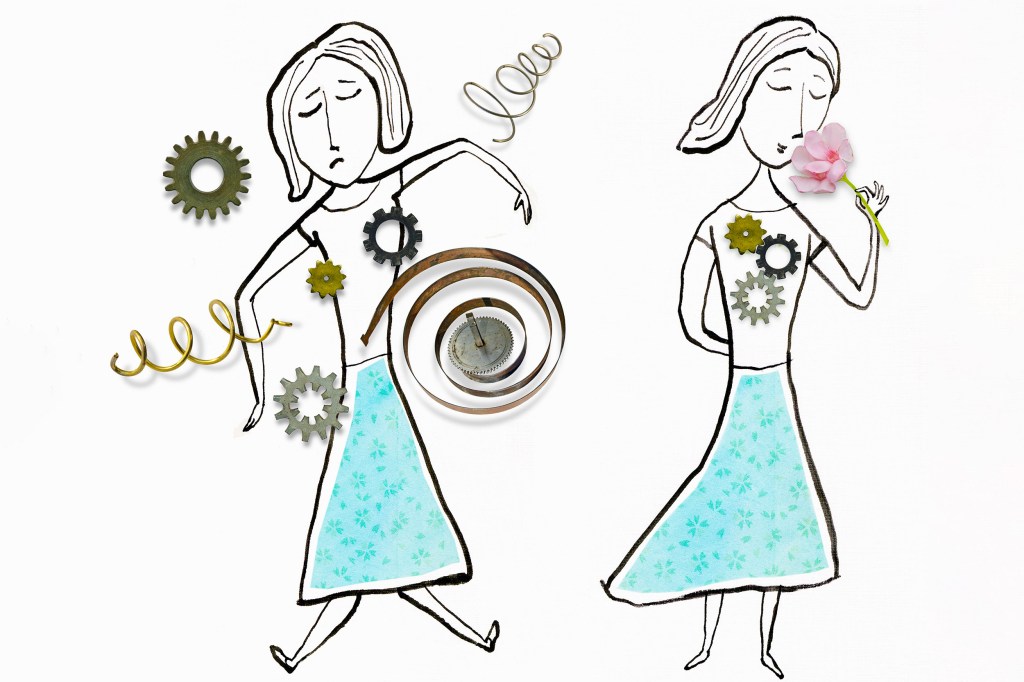
-
No Omicron immunity without booster, study finds
Traditional dosing regimens of COVID-19 vaccines available in the United States do not produce antibodies capable of recognizing and neutralizing the Omicron variant, reports a new study.
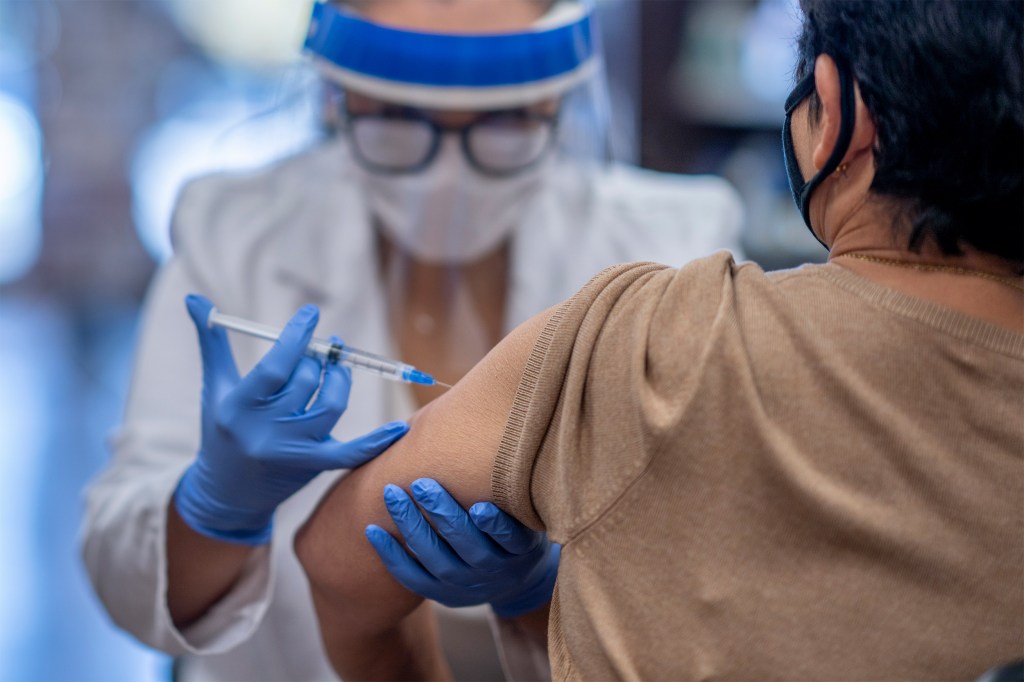
-
‘Schools should not close’
Harm to kids and families outweighs COVID risks, says Harvard Chan School expert Joe Allen.

-
Omicron could peak in U.S. fairly soon. Maybe.
Experts say fast-spreading, less severe profile of Omicron is emerging as cases drop in South Africa but warn of challenging weeks ahead.

-
Study holds warning on pandemic drinking
A one-year increase in alcohol consumption in the U.S. during the COVID-19 pandemic is estimated to cause 8,000 additional deaths from alcohol-related liver disease by 2040.
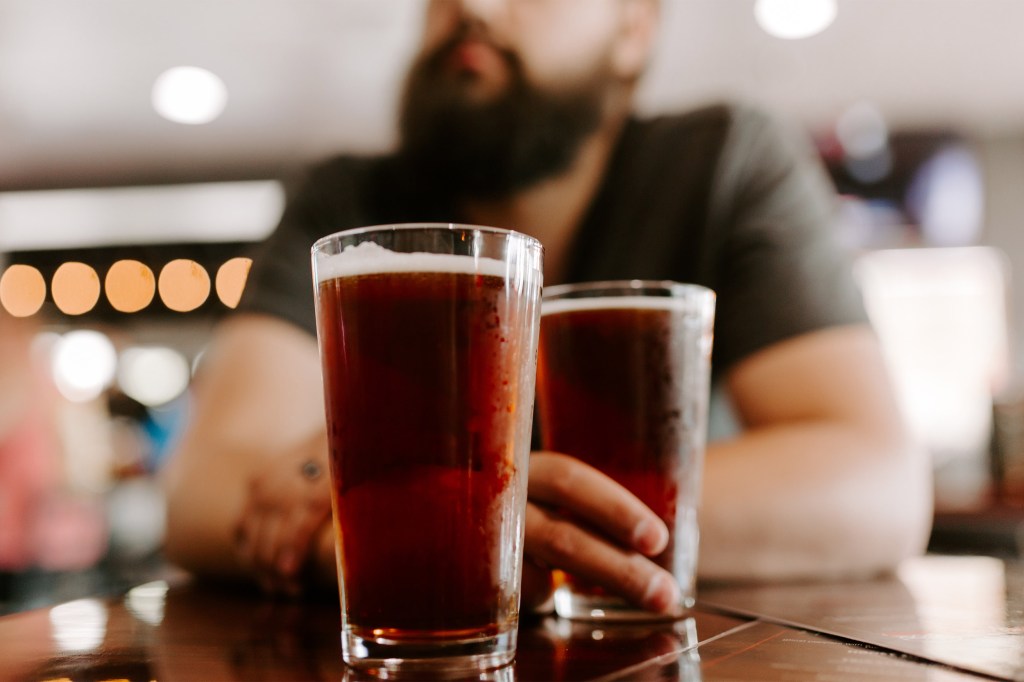
-
Your best, worst traits: Was it something mom did while pregnant?
Sarah Richardson traces history of debate over lasting effects of maternal behaviors, experiences on gestating offspring.
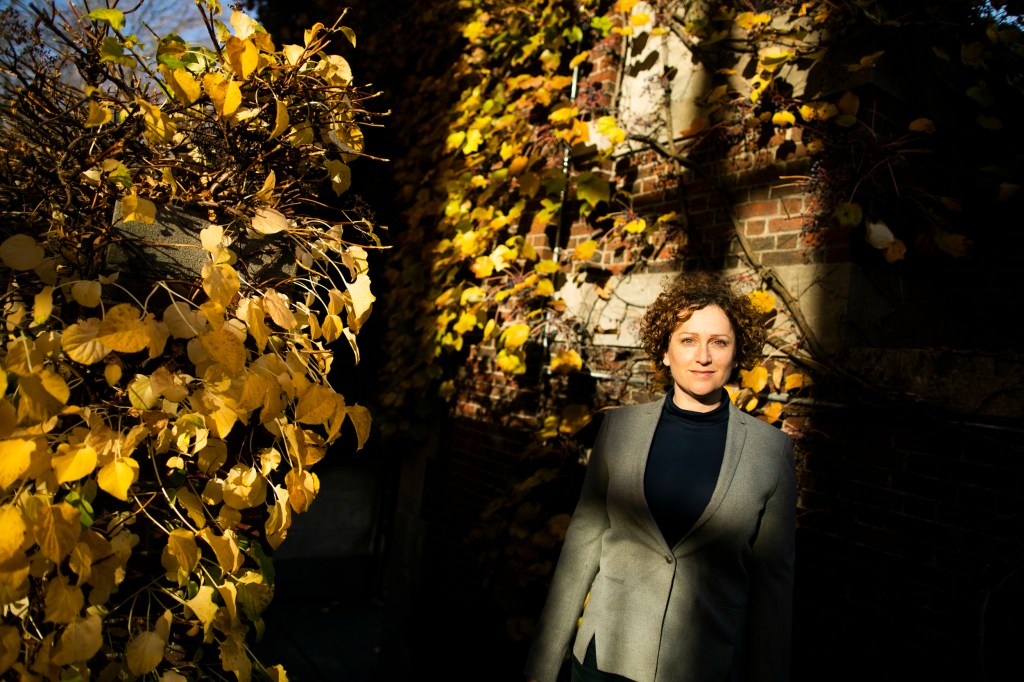
-
Cancer clues in a drop of blood
A new study provides proof-of-concept for the ability of a drop of blood to reveal lung cancer in asymptomatic patients.
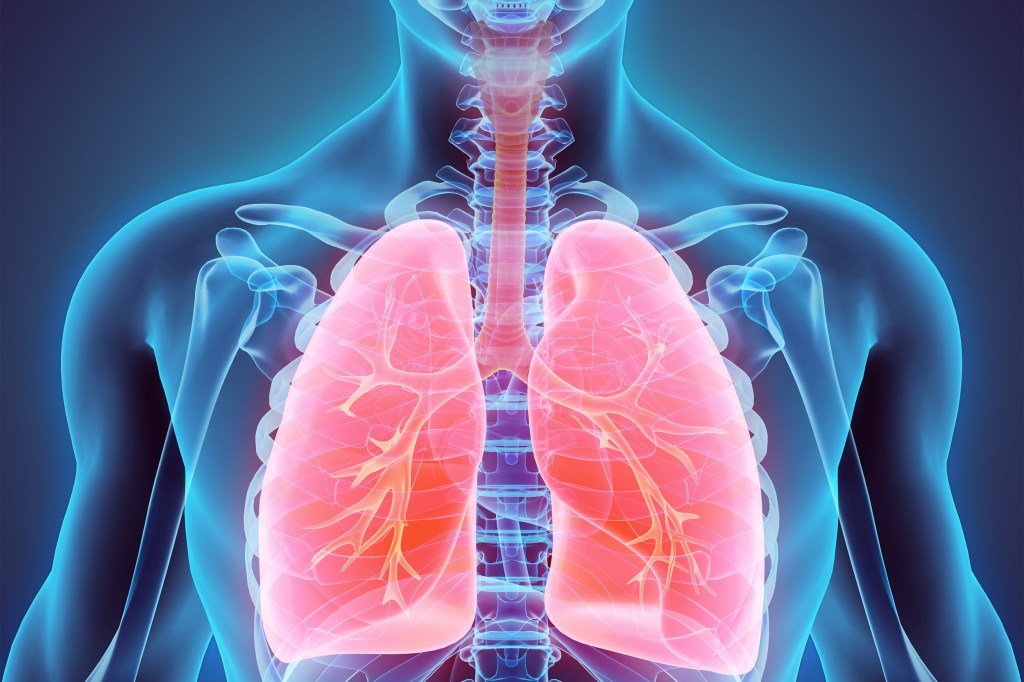
-
Remdesivir-resistant COVID case sets off few alarms
Harvard Med specialist says cases of remdesivir-resistant disease seem rare, may not become big issue.
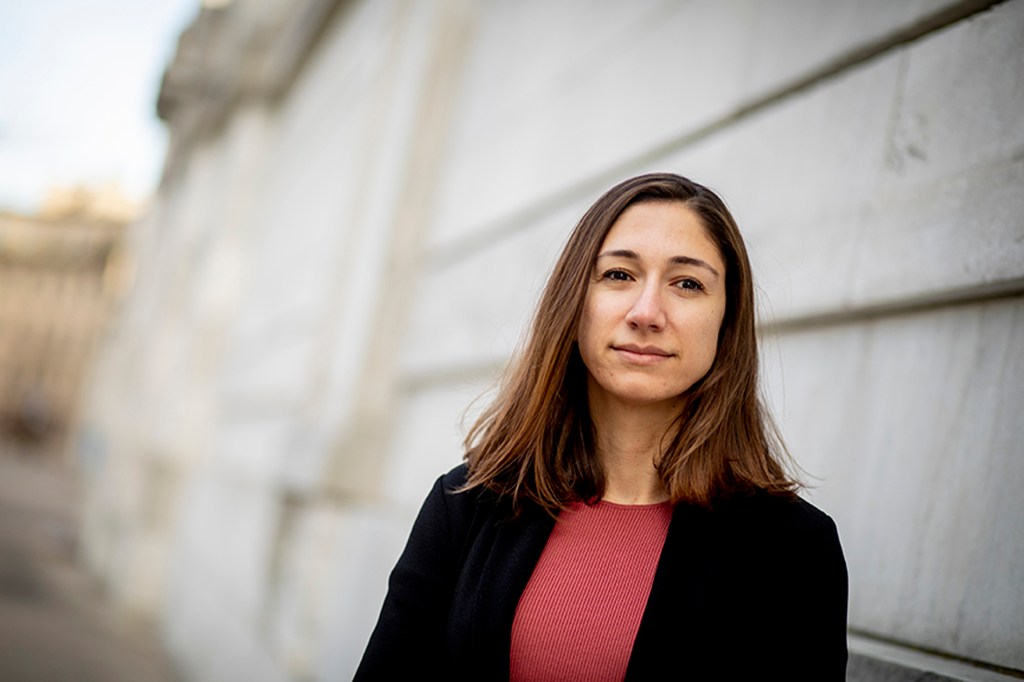
-
Fauci speaks to the perilous moment in Harvard Chan School lecture
At Harvard, Anthony Fauci outlined early Omicron findings and urged more robust efforts to bring the pandemic under control, including global vaccination.
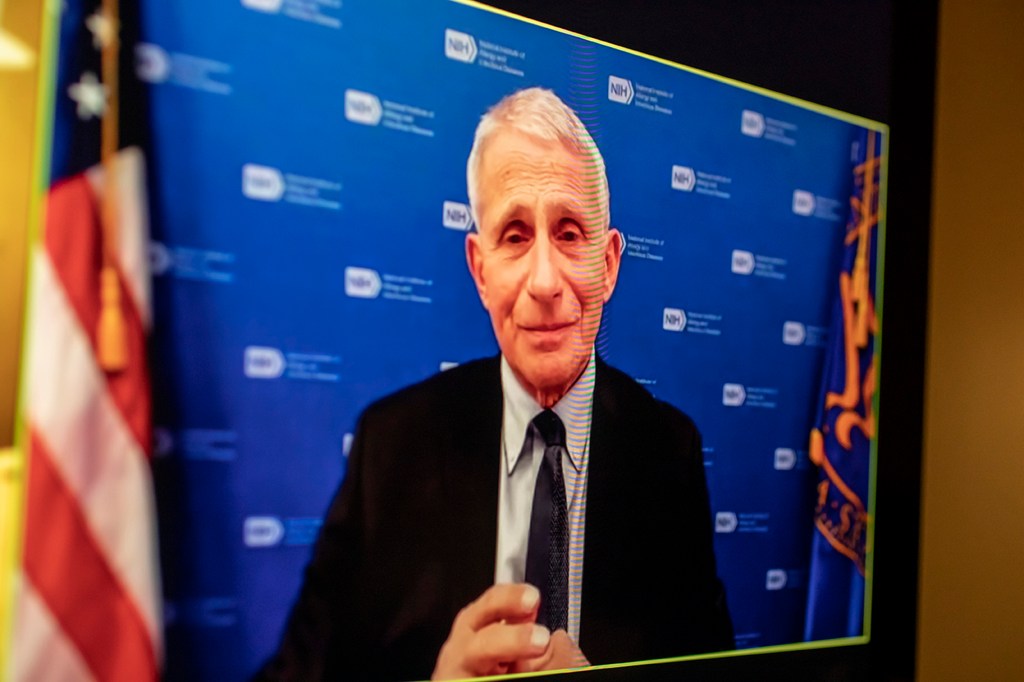
-
Scientists race to define Omicron threat, worried about ‘surge upon a surge’
Early findings on immune escape and transmissibility, combined with danger posed by Delta, heighten urgency of vaccination, testing, other safety measures.
